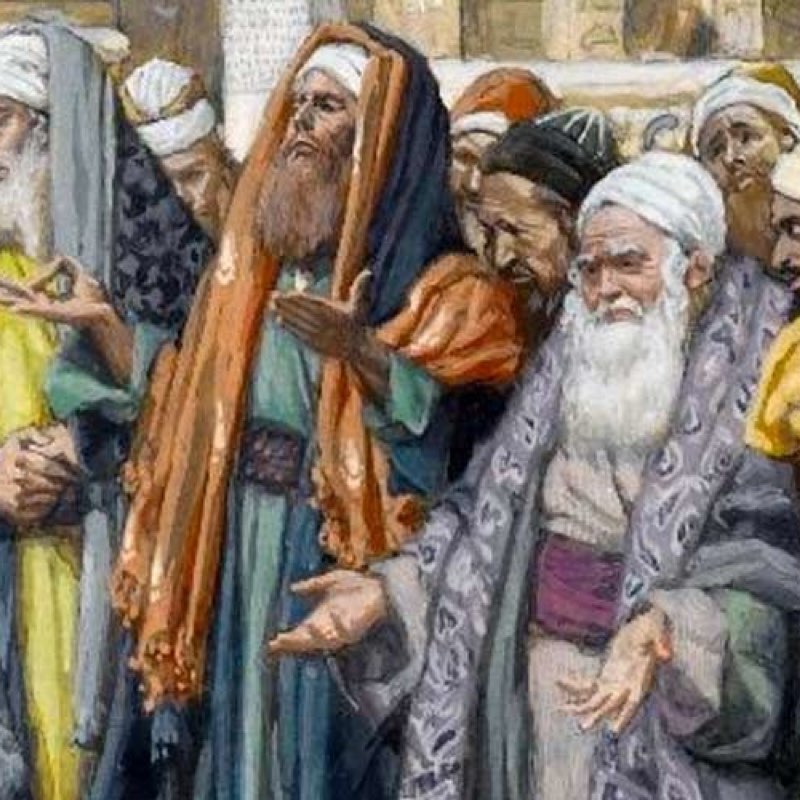Two covenants: Abrahamic and Sinai covenants from an Islamic perspective
Genesis 49, verse 10, reads:
“The sceptre shall not depart from Judah, nor a lawgiver from between his feet, until Shiloh come; and unto him shall the gathering of the people be.”
The verse implies that Judah's offspring will govern Israel until the arrival of "Shiloh," who holds all royal power. Here, Shiloh, similar to "the Seed" in Genesis 22, verse 18, refers to the future Messiah.
From an Islamic perspective, the word “Shiloh” in Genesis 49, verse 10, is connected to the Abrahamic covenant through Ishmael, who, not Isaac, is believed to be nearly sacrificed. Conversely, the terms "scepter" and "lawgiver" mentioned in Genesis 49, verse 10, are associated with the Sinai covenant. How is their argument articulated?
From an Islamic perspective, the interpretation of Genesis 49, verse 10, and its connection to the Abrahamic covenant through Ishmael involves several key arguments:
1. Shiloh as Muhammad:
Some Islamic scholars interpret "Shiloh" as a reference to Prophet Muhammad. They argue that the prophecy indicates a shift in divine authority away from the line of Judah to a descendant of Ishmael.
2. Abrahamic Covenant through Ishmael:
Islamic tradition holds that it was Ishmael, not Isaac, who was nearly sacrificed by Abraham. This is seen as a pivotal moment in the Abrahamic covenant, establishing Ishmael's line as the inheritors of God's promise.
3. Scepter and Lawgiver:
The terms "scepter" and "lawgiver" in Genesis 49, verse 10, are associated with the Sinai covenant given to Moses. Islamic interpretation suggests that these symbols of authority and divine law would remain with the descendants of Judah until the coming of "Shiloh" (Muhammad).
4. Transfer of Authority:
The verse is interpreted to mean that the religious and political authority ("scepter" and "lawgiver") would depart from Judah's line when Shiloh (Muhammad) comes. This is seen as a prophecy of the transition of divine guidance from the Israelite tradition to Islam.
5. Gathering of the People:
The phrase "unto him shall the gathering of the people be" is interpreted as referring to the universal message of Islam brought by Muhammad, which would unite people from various nations and backgrounds.
6. Continuation of Abrahamic Legacy:
Islamic scholars argue that Muhammad, as a descendant of Ishmael, fulfills this prophecy by bringing the final revelation that completes and supersedes previous covenants, while still maintaining continuity with the Abrahamic tradition.
7. Non-Judahite Messiah:
Some interpretations suggest that the verse implies the coming of a messianic figure from outside the tribe of Judah, which aligns with the Islamic view of Muhammad's lineage through Ishmael.
It's important to note that this interpretation is specific to Islamic theology and is not accepted in Jewish or Christian exegesis. The Islamic perspective sees this verse as one of many biblical passages that they believe foretell the coming of Prophet Muhammad and the establishment of Islam as the final Abrahamic faith.


